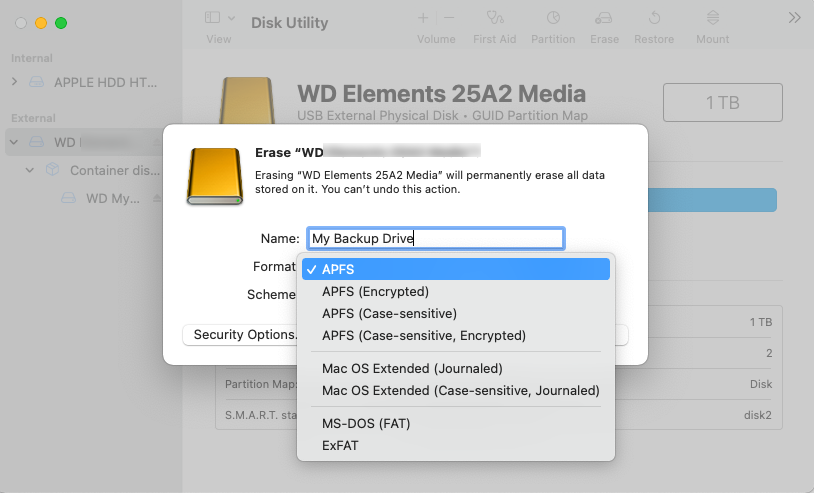

My two servers do a bi-directional sync so that both my and my parents' files are backed up offsite in case either of us has a house fire, robbery, other whatever disasters hopefully the critical files are all saved. USB drive(s) in a box below my server rack, which I do a backup every few months and then unplug and stow. Server at my parents' house with RAID to tolerate failure (RAID1, 2 copies) Server at my house with RAID to tolerate failure (so 2 copies, effectively) I don't do this for Plex (yet) but for stuff I really care about I have like 5 copies: This can be as simple as a desk drawer at work, bank deposit box, or trusted friend's basement. at your house, odds are it won't take out the other location too. Protects you from most disasters, but is not convenient to access for restores. Off-site backup - in a different physical place.

Doesn't help if you have a flood/fire that destroys the backups too. Protects you from some disasters, while being reachable easily to restore. On-site backup - in the same physical place. Can be onsite or offsite, probably not updated very often (months?). Even if all the powered up gear is wiped or fried, you can plug it into another machine and recover your information. major power surge burning it all out) and from malicious things like viruses (e.g. Protects you from catastrophic hardware failure (e.g. that is fully unplugged/disconnected from the system. "Offline" backup - A drive or tape in a box on the floor, drawer, etc. Can be onsite or offsite, but keeps a copy of all the data semi-recent (days or so).

"Online" (as in live always-on, not as in cloud) Backup - Protects you from accidental deletion with easy convenient restore of files. RAID - Protects you from being dead in the water if 1 drive dies, and often lets you replace it without having to do a full restore


 0 kommentar(er)
0 kommentar(er)
